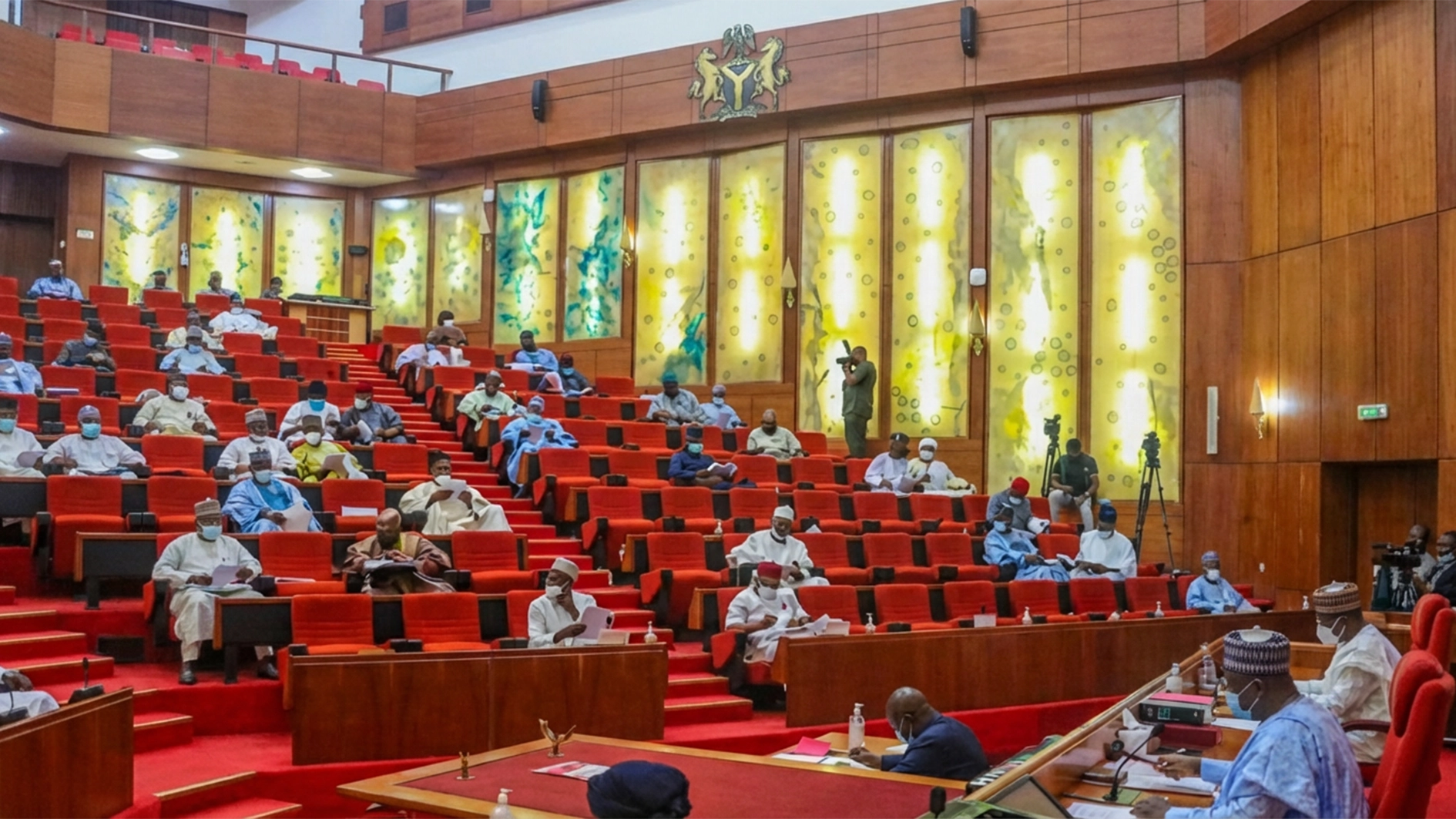
Government pledges to end aviation fuel scarcity.
The current spike in the exchange rate of the dollar to the naira may be taking its toll on the country’s foreign-exchange-dependent aviation sector as airline operators seek to increase their fares by 45 per cent.
The dollar exchange rate, which currently stands at N350, according to the airline operators, has further pushed the cost of running the business beyond them.
Some operators told The Guardian that their plight was not helped by the Nigerian Civil Aviation Authority (NCAA) disapproval of a new air fare regime that should have officially gone up by 45 per cent, to keep pace with the dollar rate.
Some airlines, however, appear to have resorted to self-help in raising ticket prices for over-the-counter purchase.
The act, which is described as a sharp practice by NCAA’s rules, has seen some tickets gone up by N10, 000 to N20, 000, depending on the airline and the time of purchase.
An operator, who is also a leading member of the Airline Operators of Nigeria (AON), told The Guardian on the condition of anonymity that the current fare regime, in relation to foreign exchange, was not realistic.
He said: “The current rate is killing our business and it seems our regulators don’t care if we go into extinction. The truth is that this sector cannot survive under the current realities. You cannot do anything without the dollar, which is not in anyway favourable.”
The operator added that several planes were either due for checks or had been sent for the same purpose overseas but still could not be returned due to the further high cost of service caused by the forex spike.
It would be recalled that the aviation fuel scarcity that almost grounded operations nationwide last week was due to oil marketers’ staunch refusal to import the product, otherwise called Jet-A1, into the country at an exchange rate higher than N300.
The situation had to be salvaged by the Federal Government’s intervention that availed forex to the importers at an interbank rate.
On the heels of the scarcity and attendant hardship on air travellers, The Guardian observed that rates, which normally range between N18, 000 and N23, 000 for economy class across the airlines, went up to about N30, 000 to N39, 800. The price is subject to the time of purchase and airline of choice.
Some operators have, however, openly supported the hike. A former manager of the defunct Chanchangi Airlines, Mohammed Tukur, at the weekend said that the airline operators had been boxed to a corner by the current harsh economic condition, and left with no choice than to raise fares.
Tukur, who was also the Assistant Secretary-General of the AON, added that the carriers were in dire straits, but would survive if fares were raised.
“You look at the dollar; you now buy everything in dollar. Airline business is heavily dollarised. Maintenance cost has gone up, the airlines pay so many charges to the aviation agencies, among other sundry charges. It should not be less than N35, 000 if they really want to break even. Their fear is that if they raise airfare, people would take to road travel. It is still very cheap to fly in Nigeria.”
The NCAA had, however, denied raising ticket fares for local airlines. The aviation regulatory body said though airfares, add-ons, charges, tariffs and terms and condition of service are fully liberalised, they are all subject to NCAA’s approval before coming to effect.
The spokesman for the NCAA, Sam Adurogboye, said airfares and sundry charges had been statutorily deregulated and subjected to market forces.
He said that notwithstanding, all air carriers or their agents were expected to file with the authority, a tariff for that service showing all rates, fares and add-on charges, including the terms and conditions of free and reduced rate transportation for that service, as specified in IS.18.14.1.1.
Another requirement for airfare raise is for the carriers to obtain approval from the NCAA to introduce and or increase add-on charges or surcharges such as fuel, Internet booking, insurance, security and similar surcharges, prior to implementation.
Meanwhile, the Minister of State for Petroleum, Dr. Ibe Kachikwu has assured that the Federal Government is doing everything possible to tackle the scarcity of aviation fuel.
Kachickwu who spoke yesterday to aviation correspondents at the Nnamdi Azikwe International Airport, Abuja said the sector had been privatised and the production of Jet A1 was entirely in the hands of the private sector. He said the government had been trying to work with the private sector to douse the rousing tension.
Kachikwu disclosed that in the short term, he had been trying to liaise with countries where there is immediate availability of the product, and in the long term, the government would resume the Jet A1 production in the refineries.
“Every one of us, including the newly sworn in General Managing Director of the Nigeria National Petroleum Cooperation (NNPC) are doing our best to find a short-term solution to this problem before looking at the systemic problem and how it has affected the private sector to provide the aviation fuel.”






